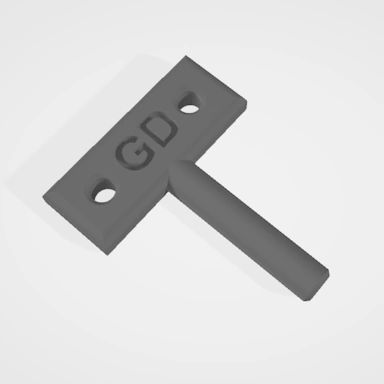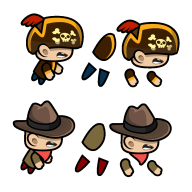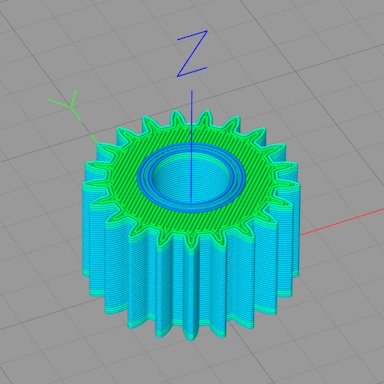| Extension | IGES |
| Full Name | Initial Graphics Exchange Specification |
| Type | CAD |
| Mime Type | application/iges |
| Format | Binary |
The IGES file format is a Computer Aided Design (CAD) file format originally developed in the 1980s. With the many CAD applications available at the time, all using their own file format, the IGES format was created to be a standard format to exchange data between CAD applications.
All the common features of CAD files can be represented using the IGES format, including basic elements such as lines, curves, text, and other shapes, along with their visual properties such as their color and other metadata.
The IGES format has since been superseded by other, more capable formats, such as STEP; however, IGES files can still be opened with some modern CAD applications. We also have tools for converting IGES files to other CAD and 3D model formats.
The OBJ file format is a 3D graphics file format used to define complex 3D models, including geometry, materials, and textures. OBJ files are text files, making them human-readable and easy to modify by hand. The downside to this ease of readability is that the files can become rather large when dealing with large or complex 3D models.
As mentioned, the OBJ format stores not only 3D model geometry but also materials and textures. These materials are usually defined in a separate file with the MTL file extension and specify geometry rendering details such as diffuse and specular color, transparency, and much more.
The OBJ material file can also reference external texture files. These are usually JPEG or PNG files; however, these can be older formats, such as TGA. Where materials are used, the OBJ file will also contain material names preceding the geometry faces they should be applied to. If textures are referenced, the geometry will also contain texture coordinates (UV) for each vertex.









